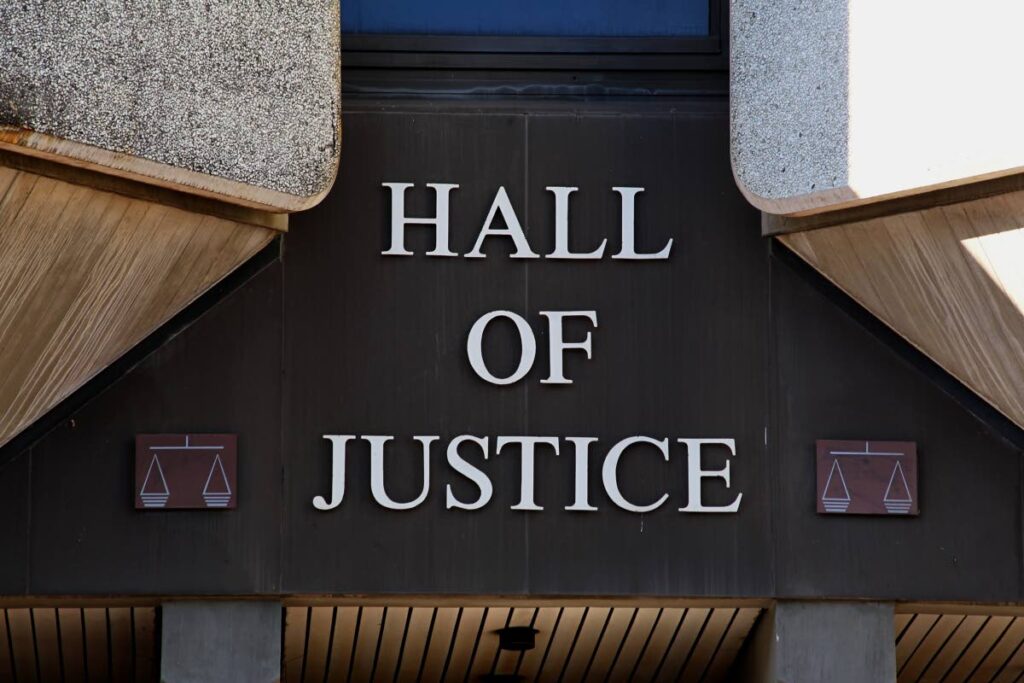Delete savings-law clause

The Law Association (LATT) joined the increasing number of calls to remove the savings-law clause in this country's Constitution.
LATT took up the concerns raised by Jason Jones who has been contesting the constitutionality of TT's buggery laws. Justices of the Appeal Nolan Bereaux and Charmaine Pemberton delivered a majority ruling on March 25, upholding sections 13 and 16 of the Sexual Offences Act because they remained valid under the colonial-era law, which criminalises certain forms of sexual conduct, even between consenting adults. Justice Vashiest Kokaram dissented.
Timothy Affonso, deputy dean of the faculty of law at UWI, St Augustine noted in April 2024 that the savings-law clause should be expunged from the Constitution.
"It was never meant to last this long," he explained. The savings-law clause was intended to serve as a legislative buffer for newly independent colonies while they forged and tested their own new constitutions, allowing existing law to remain in force as nations forged their legal identities.
But 63 years after TT became an independent nation, it's absurd that these ancient laws remain on the books to govern a modern society.
Colonial law was designed to protect the wealthy and legalise the exploitation of the working class. TT's Republican Constitution, which replaced the 1961 UK-authored Independence Constitution, has been amended more than a dozen times since it was introduced in 1976. While many egregious examples of damaging colonial law were removed from successive versions of the constitution, the savings-law has lingered on the books, a plaster for wounds that are now increasingly self-inflicted.
TT should not be harbouring a colonial-era legal tool after more than six decades of self-governance. The savings-law clause remains an enforceable law in its original form only in TT, Guyana and The Bahamas. Jamaica and Barbados have amended their constitutions to neutralise its impact on the judicial process. Barbados and Guyana recognise the Caribbean Court of Justice (CCJ) as their court of final appeal and the CCJ has no time for it.
TT hosts and offers substantial financing for the CCJ but continues to run cap in hand to the Privy Council for final judgments on important matters of law. That leaves this country with neither the political will to lance the savings-law pustule nor a court of final appeal which has exhaustively considered the implications of its existence from a regional perspective.
Simply removing the savings-law is not a solution. It props up a multiplicity of equally outdated laws that must also be revised. The failure of successive governments to address this legal embarrassment should hang heavy on the shoulders of every attorney general since 1976.
It's time to address a legislative atrocity that now infringes on the basic human right of self-determination.

Comments
"Delete savings-law clause"